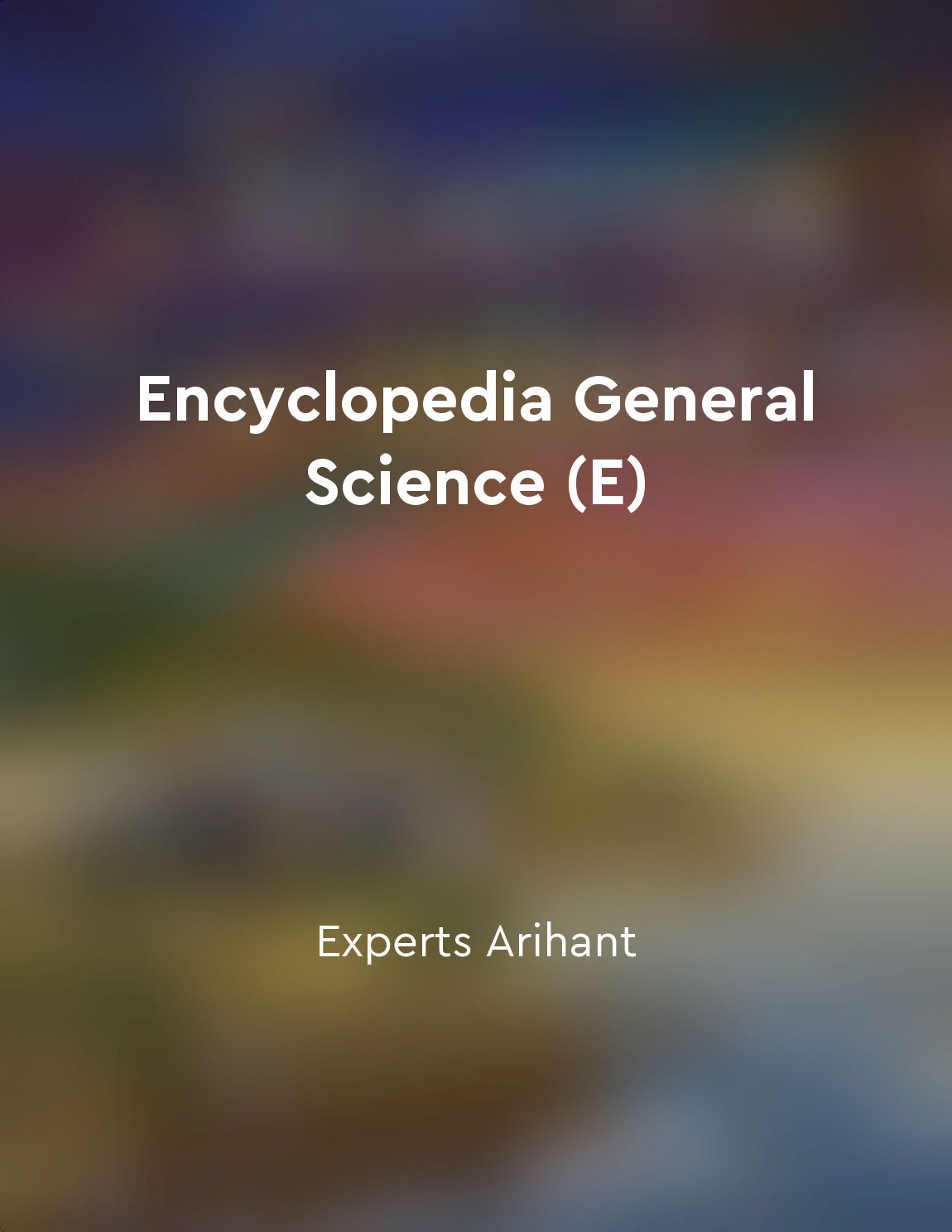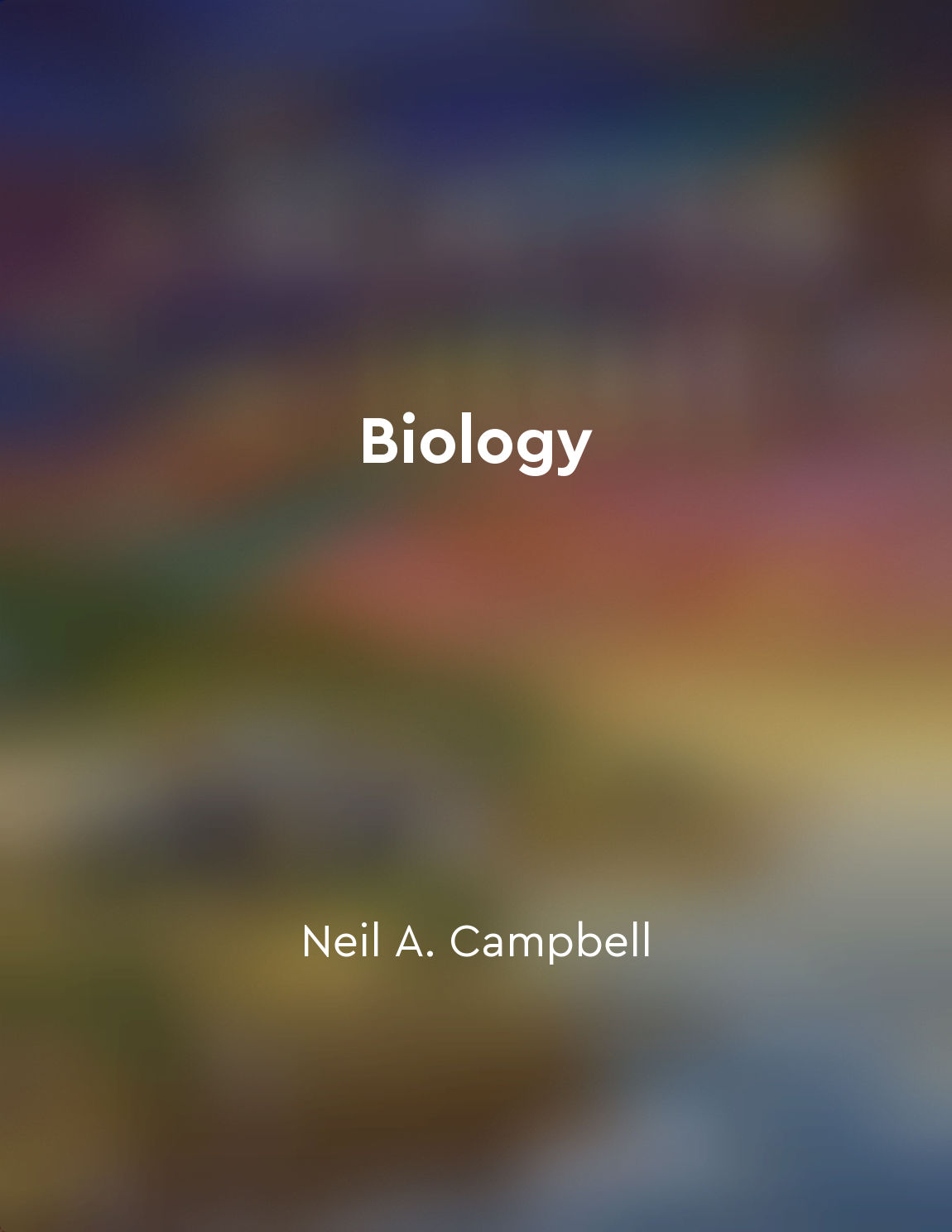Energy transformation in cells from "summary" of Biology by Neil A. Campbell
Energy transformation in cells is a fundamental process that allows living organisms to carry out their daily activities. The energy needed for these activities comes from the food we eat, which contains chemical energy stored in molecules like glucose. The process of energy transformation involves converting this chemical energy into a form that cells can use to power their functions. One of the key players in energy transformation in cells is adenosine triphosphate, or ATP. ATP is a molecule that stores and transfers energy within cells. When cells need energy to carry out a specific task, ATP releases energy by breaking a phosphate bond, converting ATP into adenosine diphosphate (ADP). This energy is then used by the cell to drive various processes such as muscle contraction, protein synthesis, and active transport. The conversion of ATP to ADP is just one example of energy transformation in cells. Cells also use a process called cellular respiration to extract energy from glucose molecules. During cellular respiration, glucose is broken down in a series of steps, releasing energy that is used to generate ATP. This process involves a series of enzyme-catalyzed reactions that ultimately convert the energy stored in glucose into a form that can be used by the cell. Energy transformation in cells is a highly regulated process that is essential for the survival of living organisms. Without the ability to convert and store energy efficiently, cells would not be able to carry out the necessary functions to maintain life. Understanding how energy is transformed in cells is therefore crucial for understanding the basic processes that govern life at the cellular level.Similar Posts
The immune system protects the body from pathogens
The immune system is a complex network of cells, tissues, and organs that work together to defend the body against harmful path...

Physiology is the study of how living organisms function
Physiology, as a scientific discipline, delves into the intricate mechanisms governing the functioning of living organisms. It ...
Human health is influenced by various factors, including lifestyle and genetics
Human health is a complex interplay of various factors that can either positively or negatively impact an individual's well-bei...
Fasting should be personalized to individual needs
Personalizing fasting to individual needs is a crucial aspect of achieving optimal results. Each person is unique, with differe...

Inflammation can accelerate the aging process
Inflammation is a double-edged sword. On the one hand, it is a crucial part of our immune response, helping us fight off infect...
Phylogenetics traces evolutionary relationships
Phylogenetics is a field of study that seeks to unravel the complex evolutionary relationships among organisms. By examining th...
Universe began with Big Bang
The notion that everything began with a Big Bang is both extraordinary and surprisingly straightforward. Imagine - in the begin...
Energy tends towards maximum entropy
The tendency of energy towards maximum entropy is a fundamental concept in thermodynamics and statistical mechanics. It reflect...
Life exhibits patterns and regularities
Life is characterized by a remarkable array of patterns and regularities that pervade all aspects of living systems. These patt...
Ionic compounds form through the transfer of electrons
Ionic compounds are formed through the transfer of electrons between atoms. When atoms of different elements come together to f...

